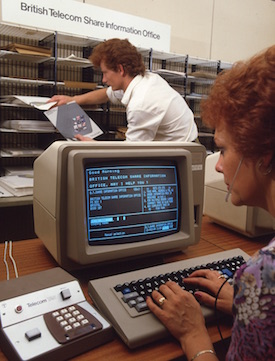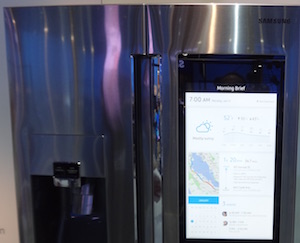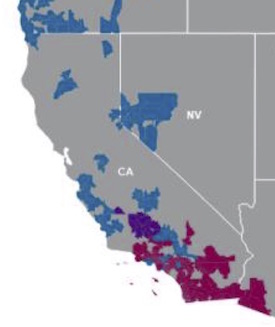Bell Labs test shows faster speeds on shorter copper

Next generation cable technology – DOCSIS 3.1 – can support symmetrical 10 Gbps speeds over hybrid fiber coax plant, according to a press release from Bell Labs, now known as Nokia Bell Labs. Nokia completed its purchase of Alcatel Lucent earlier this year and Bell Labs was part of the bargain.
Bell Labs is pitching its XG-Cable technology for integration into CableLabs’ DOCSIS 3.1 standard, which is undergoing field trials in a few U.S. markets.… More


![By Brocken Inaglory (Own work) [CC BY-SA 3.0 (https://creativecommons.org/licenses/by-sa/3.0) or GFDL (https://www.gnu.org/copyleft/fdl.html)], via Wikimedia Commons](https://www.tellusventure.com/images/2016/5/big_wave.jpg)
![By steve kharmawphlang [CC BY 2.0 (https://creativecommons.org/licenses/by/2.0)], via Wikimedia Commons](https://www.tellusventure.com/images/2016/5/copper_head_snake.jpg)




